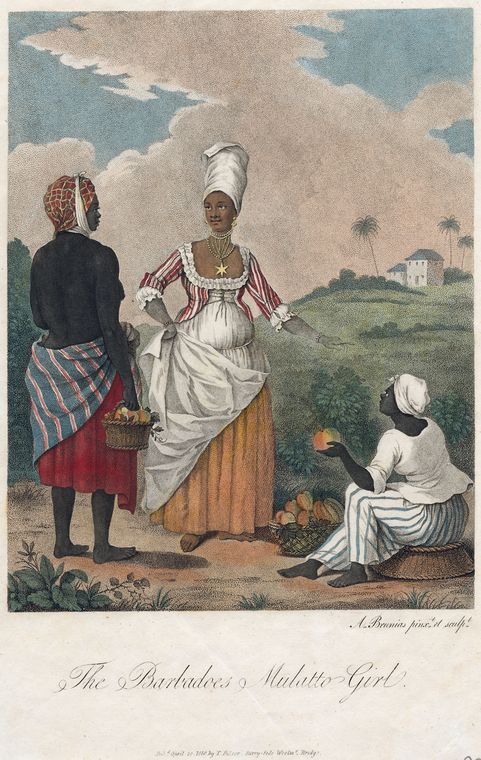When I was reading for my US History oral exams, one of the historiographical arguments that really got my attention was the long-running debate over the market transition. The question of when America made the turn from being an agrarian, egalitarian society to becoming a
 commercial, class society fascinated me; and so did the heated disagreements of eminent historians. As I read more, I realized that a lot of the argument really had to do with the definition and grouping of these terms (as Michael Merrill brilliantly pointed out in a 1995 article called “Putting Capitalism in its Place”). Were Joyce Appleby and Christopher Clark (not to mention Allan Kulikoff or Winifred Rothenberg!) even talking about the same thing when they used the words capitalism, market, commerce, and agrarian? Did “agrarian” naturally line up against “commerce,” and did either side really own the moral high ground?
commercial, class society fascinated me; and so did the heated disagreements of eminent historians. As I read more, I realized that a lot of the argument really had to do with the definition and grouping of these terms (as Michael Merrill brilliantly pointed out in a 1995 article called “Putting Capitalism in its Place”). Were Joyce Appleby and Christopher Clark (not to mention Allan Kulikoff or Winifred Rothenberg!) even talking about the same thing when they used the words capitalism, market, commerce, and agrarian? Did “agrarian” naturally line up against “commerce,” and did either side really own the moral high ground?Now I’m teaching Honors US History to undergrads. Clearly it wouldn’t be appropriate to expose them to the full glare of this debate. It would not only take too long to do, but it would be drilling too deep in even an Honors general education class for non-history majors. But I don’t want to cruise through this moment in history without mentioning it – I’m trying to challenge these students to think critically, so it’s my job to bring up the complex issues the textbook buries.
I had them read a couple of chapters of Matthew Parker’s 2011 book The Sugar Barons. Parker writes about Barbados in the early decades of its sugar
 revolution, the 1630s and 40s. He includes a detailed description of the introduction of slaves into the British sugar economy, through an interesting series of highly conflicted excerpts from the memoirs of English observers. A really valuable addition, from my perspective, was Parker’s extensive use of letters between several Barbados planters and merchants and John Winthrop, Governor of the City on the Hill.
revolution, the 1630s and 40s. He includes a detailed description of the introduction of slaves into the British sugar economy, through an interesting series of highly conflicted excerpts from the memoirs of English observers. A really valuable addition, from my perspective, was Parker’s extensive use of letters between several Barbados planters and merchants and John Winthrop, Governor of the City on the Hill.The direct connection between Boston and the West Indies is useful, I think. Unlike Virginia or the New Netherlands or the Spanish colonies, which are usually presented to students as business ventures, the New England colonies are often portrayed as the seat of . . . something different. Something exceptional. The early link between Boston and Barbados, the Winthrop family’s business interests in the Caribbean, and the close connection that developed during the English Civil War, when Barbados became a principal market for New England produce, are all important challenges to the idea that there was ever a clean separation between commerce and colonies.
This is not to say that the type of agrarian anti-capitalism described by historians like Kulikoff never existed. But perhaps it suggests that when such sentiments developed, they were reactions to a colonial system built on a very problematic type of commerce rather than attempts to claim that a naïve, pre-commercial yeomanry had ever existed in America. From this perspective, even the earliest “agrarian” documents like Jefferson’s Notes on the State of Virginia seem to share something with writings of back-to-the-land idealists of the 19th, 20th, and 21st centuries.







